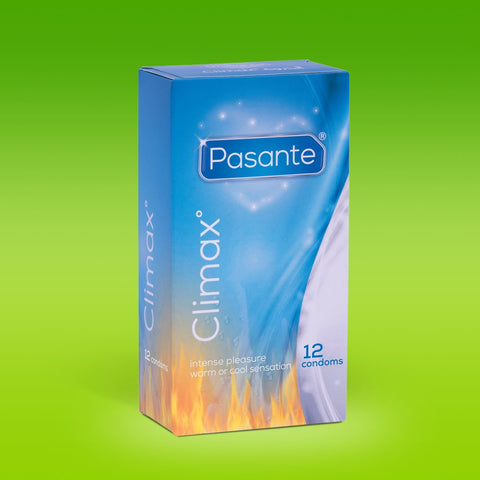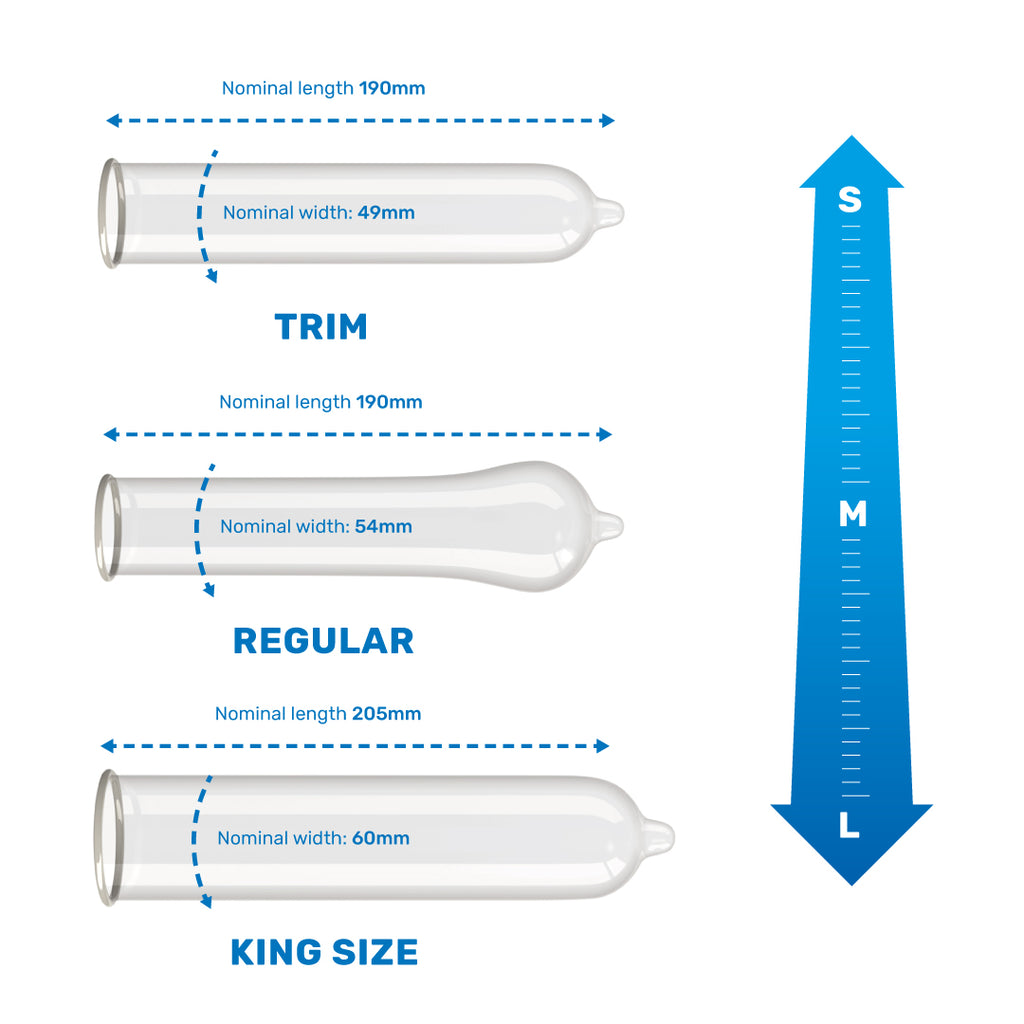
STIQ day – January 14th January 2023
Celebrated the festive season with an impromptu rendezvous? While the Christmas and New Year festivities may feel like a distant memory - you may be experiencing a lasting gift that you weren’t expecting. This is why STIQ day is celebrated annually every January – on the 14th - exactly two weeks after the festive season, as the majority of sexually transmitted infections, like Chlamydia, can take two weeks to be detected.
Public health reported that in 2021, there were 311,604 diagnoses of new STIs among England residents with the highest rates being 15 to 24 years, certain Black ethnic groups, and gay, bisexual and men who have sex with men. In addition, those with a syphilis diagnosis increased by 8.4% compared to 2020 figures – so it’s never been a better time to get tested for sexually transmitted infections.
Therefore, this STIQ day, let’s find out why you need a sexual health check-up, why both Black ethnicity and gay, bisexual and men who have sex with men have the highest sexual health needs and how to protect yourself from catching a sexually transmitted infection.
Why do I need a sexual health check-up?
Do you know that the majority of sexually transmitted infections don’t always reveal symptoms? For instance, in those that have a Chlamydia infection - 80% of women and 60% of men have no symptoms, so unless they have a sexual health test, they may never know.
In this case, not only does the infection continue to attack their genitourinary organs, leading to pelvic inflammatory disease or infertility, but if they continue to practice unsafe sex, they will end up passing the infection around.
For those that do experience symptoms, they can often take two weeks to show on a sexual health test. Therefore, if you haven’t had a sexual health screen for a while, this STIQ day might be a good opportunity to book in for one.
Black ethnic groups
Sexually transmitted infection diagnoses remain the highest in black ethnicity but varies between Black ethnic groups. Those of Black Caribbean ethnicity had the highest rates of Chlamydia, Gonorrhoea, Herpes and Trichomoniasis in 2021 while those from Black African ethnicity had lower rates compared to other ethnic groups – so if you’re from a Black ethnic group, make sure there’s no nasty infections lurking behind the scenes this STIQ day.
Gay, bisexual and men who have sex with men (GBMSM)
Gay, bisexual and men who have sex with men (GBMSM) are still one of the main groups with the highest sexual health needs. Public Health England reported that between 2012-2019, bacterial STI diagnoses have continually increased. While this may be due to increased testing, it also has been attributed to potentially ongoing high-risk sexual behaviour. In 2021, new diagnoses increased in Gonorrhoea, Chlamydia and Syphilis.
To reduce the risk of contracting HIV, Public Health England have advised that medication known as pre-exposure prophylaxis (PrEP) can be used after condomless sex or if you have been exposed to HIV and can be picked up from a specialist sexual health clinic.
In addition, gay, bisexual and men who have sex with men are able to obtain a vaccination against monkeypox, Hepatitis A and Hepatitis B from their specialist sexual health clinic and those up to (and including) 45 years of age can also obtain the HPV vaccine.
How do I protect myself from catching an STI?
There are a few ways you can protect yourself from catching a sexually transmitted infection on STIQ day – let’s look at a few of these.
Male condoms
Condoms are one of the best ways to protect yourself from catching a sexually transmitted infection. Not only are condoms non-hormonal (which means you don’t experience any nasty side effects) they are also a triple-protection barrier method – that protect you from not only sexually transmitted infections, but also HIV and pregnancy.
Condoms come in all shapes and sizes. A condom that is too big can slip off during sexual activity, and one that’s too small can feel too tight, restrictive and uncomfortable. There are also condoms for every sensation; warming and cooling, ribbed and dotted, ultra-thin, latex-free or flavoured.
To browse our full range of condoms this STIQ day, click here
Internal condoms
With the recent come-back of our internal condom, it’s never been a better time to stock-up (or experience) one of our favourite barrier methods. An internal condom is a condom that is inserted inside your vagina, rather than the traditional condom that covers a penis. It acts in the same way – offering triple-protection from sexually transmitted infections, HIV and pregnancy by preventing sperm from coming into contact with the vagina and benefits from being 95% effective with perfect use.
Internal condoms can be inserted for up to 20 minutes before sex.
To read more about the benefits of internal condoms this STIQ day, click here
Sexual health test
A sexual health test takes place in the form of a urine sample, swab, blood test or physical examination that tests for a variety of sexually transmitted infections. This can be performed through your local sexual health clinic, your GP or online, for instance, our HIV self-test kit can be delivered to your home address with results taking only one minute to show. Regular sexual health screens are vital to maintaining good sexual health and should be performed at least annually or after any new potential partners.
Public Health England also advises that;
- If you have a womb or ovaries and are under the age of 25, you should be having a Chlamydia test annually or on change of a new sexual partner.
- Gay, bisexual and other men who have sex with men (GBMSM) should be having HIV and STI tests every three months (if having sex without a condom or with a new partner) or annually.





